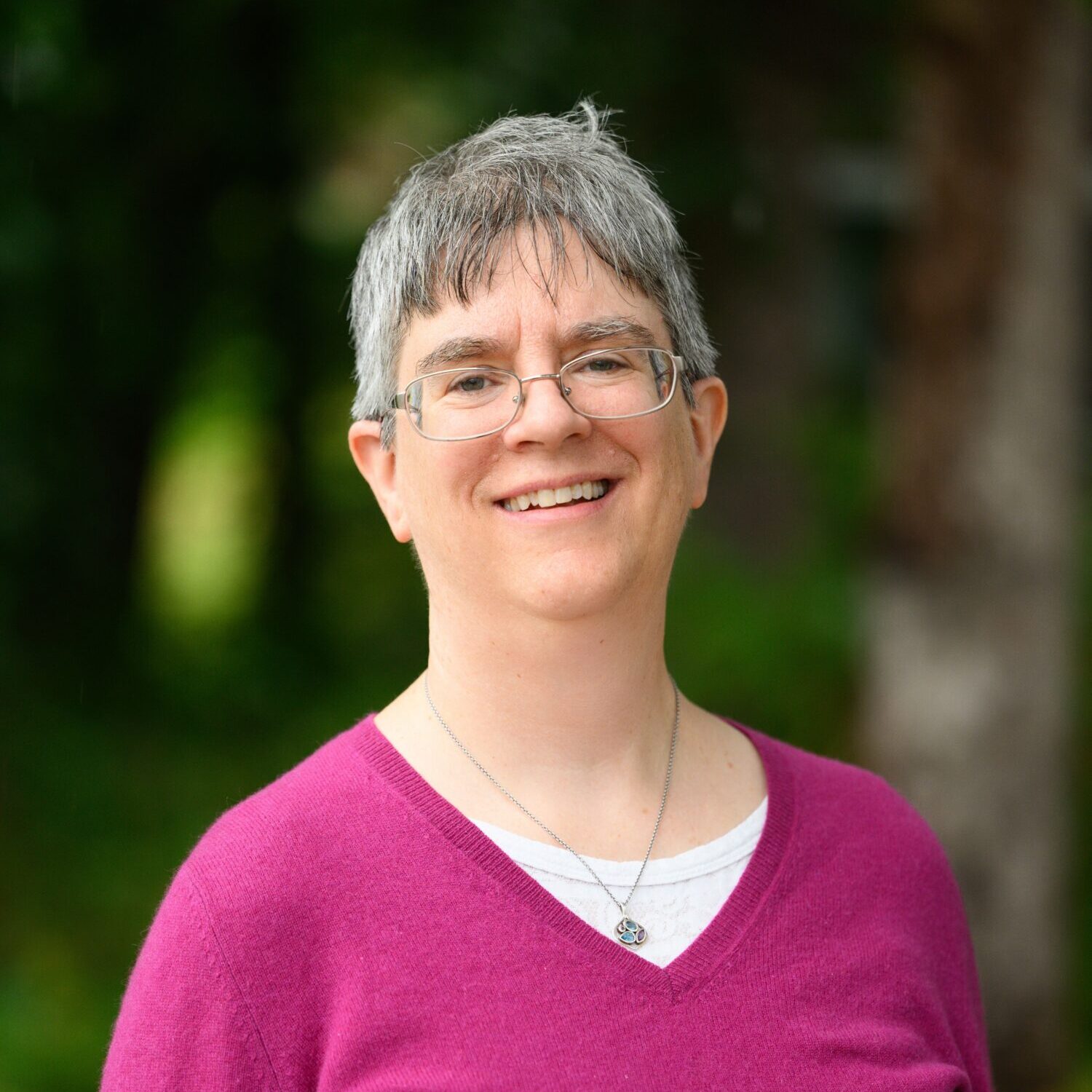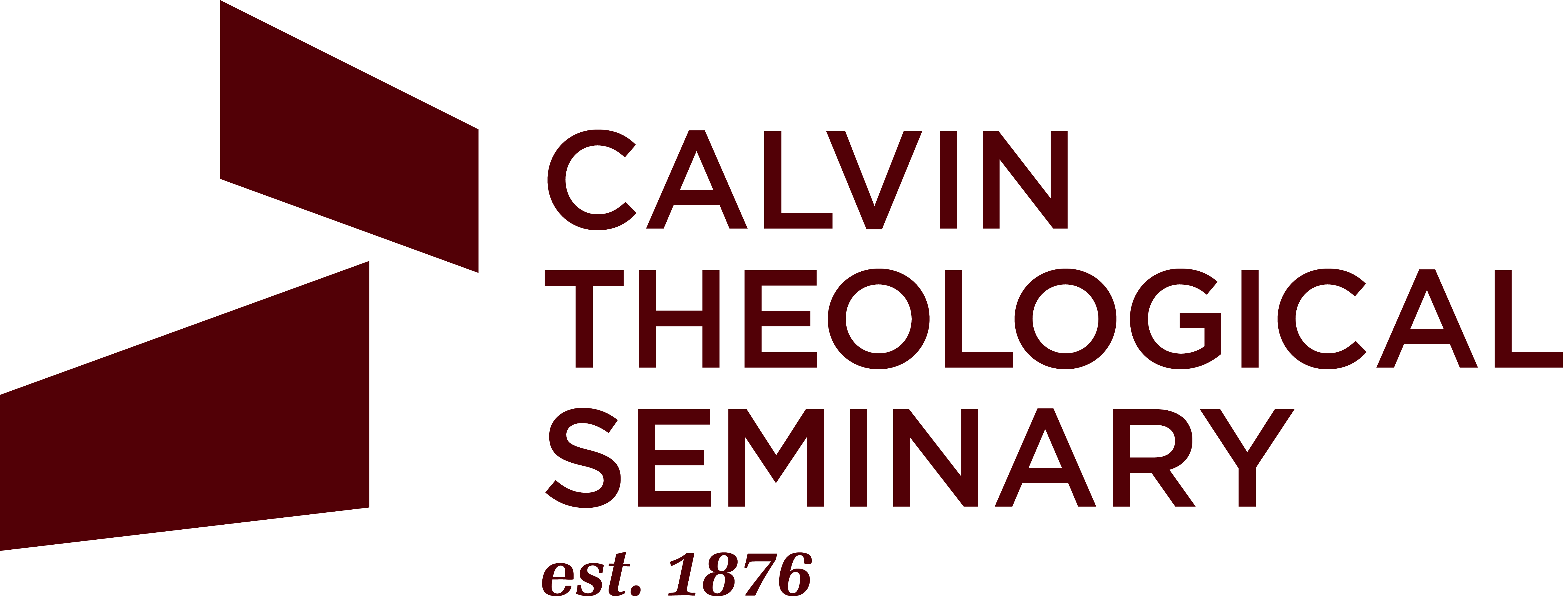What does it mean to be Reformed?

Published by Karin Maag
Director of the Meeter Center for Calvin Studies and Adjunct Professor of the History of Christianity; Co-Director of the Master of Theology (ThM) Program
During my graduate studies in Scotland, I sometimes attended social gatherings with theology students and professors—one senior professor in particular always made new students anxious. She did not really have any skills in small talk or in making new arrivals comfortable. Instead, she would turn, stare at the student, and ask in a carrying voice, “And WHO are YOU?” A small circle of silence would form around her, while more advanced students would look on with a mixture of commiseration and amusement. When confronted with that piercing look and that question, I felt rather panicky. How much information was she looking for? Did she want my name? My nationality? My family background? My program of studies? Did she want an overview of my life? She was a professor of theology, so was she inquiring about my journey of faith? How much detail should I provide? What could I say in a few short sentences that would convey the essence of who I was?
Identity questions are always complex and hard to answer in a few short phrases or slogans, because human beings are multi-faceted. Even when explaining their understanding of Reformed identity, as in this issue of the Calvin Seminary Forum, faculty members and alumni come up with different focal points, depending on their fields and areas of interest.
What is fascinating, however, is to trace the commonalities that emerge, whether from the round-table discussions held by Calvin Seminary faculty in the summer of 2022, or in the summaries of essays on Reformed identity prepared by professors Scott Hoezee and Mary Vanden Berg, or in the reflections of alumni.
Among the commonalities highlighted are the primacy of Scripture, the importance of the confessions, the vital role of covenant, the Trinity, and community, the willingness to learn from others and engage with complexity, the reality of sin, the powerful reality of Christ’s victory over sin and death, and the call to service. We warmly invite you to read these contributions and join in the discussions. Taken together, these insights show that conversation on what it means to be Reformed continues to flourish at Calvin Theological Seminary as we welcome new colleagues and they contribute to this ongoing and fruitful dialogue.
Share
Visit Calvin Theological Seminary’s Campus
We can’t wait to host you on campus! Schedule your visit today, or, if you need more time to find a date that works for you, please request information so we can continue the conversation about supporting your calling!
